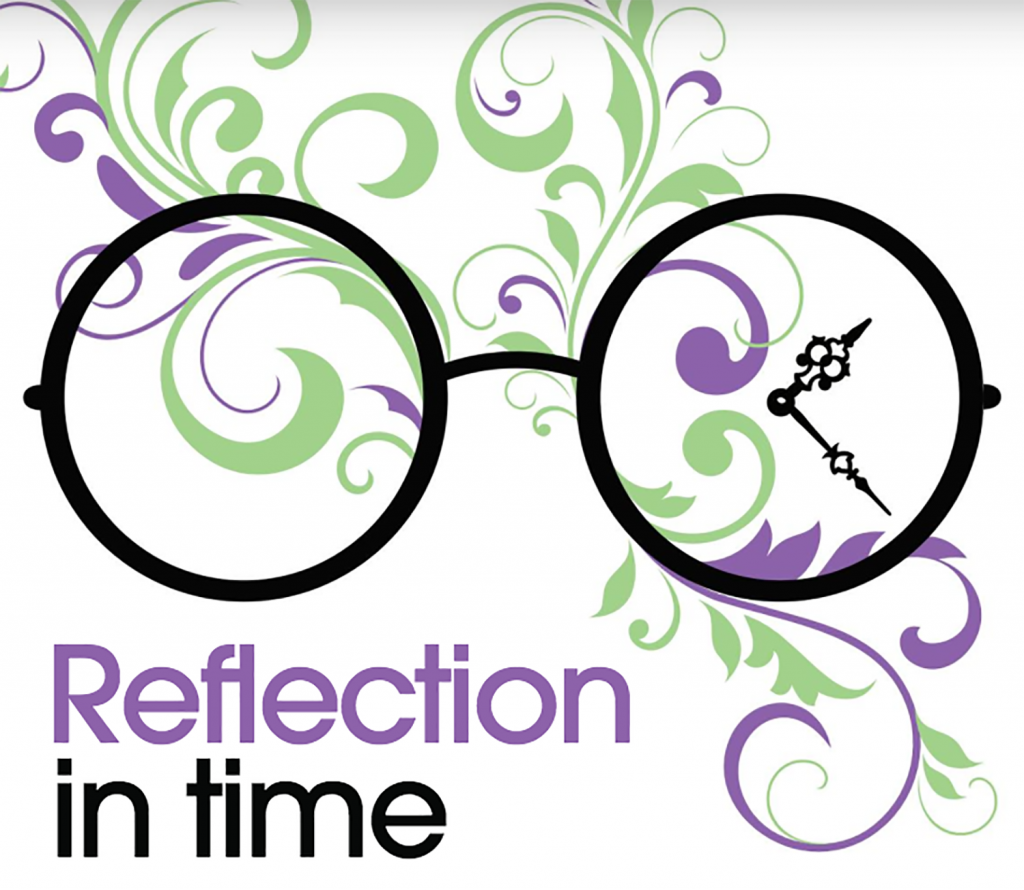
There is no shortcut to reflection. Nothing that will fit on a T-shirt or a bumper sticker is a substitute.
I write that because this month we can observe Bloomsday, the only day on the secular calendar that invites us to reflect.
If, growing up, you never had a teacher who taught you to dig into literature, perhaps you don’t know the singleness of Bloomsday, or of James Joyce’s epic novel “Ulysses,” which comprises a single day. June 16, in the life of everyone’s Everyman, Leopold Bloom, a run-of-the-mill Irishman who experiences blessedness and confoundment in his ordinary life.
I think of Leopold Bloom when I read of Baltimore, a city I have visited often and one that holds fond memories, and its wake of disturbance in yet another fatal shooting of a black man by police officers (half of whom were themselves black.)
Like shabby ol’ Leopold Bloom, I have grown weary of this sameness, these shootings, et al. I was pre-adolescent when President John F. Kennedy was assassinated. I was in high school when college students at a place I’d never heard of, Kent State University, were gunned down by National Guardsmen because they were protesting war, far from harm’s way.
Yet 23 months earlier it was National Guardsmen, double-file, bayonets affixed, who covered me and my high school band mates, in Washington, D.C., on a spring day after Martin Luther King, Jr., was assassinated. The city was in full riot, and we were told we should get out of town.
It would wear down my soul to go on about the whole of it. A life of assassinations, riots, armed guards, sneak attacks, rifles trained on innocents is … Dare I say it? A pacifist’s equivalent of drawn-out war.
But good ol’ Leopold at least had Molly, the lass he’d set his eye on. The last chapter – or “episode”, as Joyce preferred — of “Ulysses,” is best known as “Molly’s soliloquy”, and it will be recited the world over this Bloomsday.
It’s a long recitation. It sweetly comes down to a single repeated word. “Yes.” Molly has toyed with Leopold to get him to propose marriage, and when he does she pulls him to her before saying yes. It is that nuanced, poetic allusion to sexual desire that got the novel banned in America for a chunk of the 20th Century. Yet for all Molly goes on about her lips and breasts, she rhapsodizes at greater length about nature, more wondrously than Robert Browning or John Muir ever did. Her lips pout at skeptics and her curls nod for God.
And when Molly says “yes” over and over, one cannot help but feel there is hope not just for Leopold, but for everyone.
Most of our cities that have been rocked recently by killings and riots do not acknowledge Bloomsday. Maybe this year they should. Not because easy answers are within, but because pause and reflection are.
Biz Bits
With the creeping legalization of recreational – not just medicinal – marijuana, Willie Nelson has announced that he intends to get into the cash-crop aspect of the business. If that surprises you, please step to the back of the line.
In his new memoir, “It’s a Long Story,” Nelson likens marijuana to “a family member or a lifelong friend.” Willie, I love ya, but that’s a real stretch.
Maybe you were flush (or stupid) enough to fork over a wad of bills to watch the over-hyped Floyd Mayweather-Manny Pacquiao prize fight on pay-per-view. But you’d pale in comparison to Filipinos, whose government asked citizens to turn off their appliances, even refrigerators, so that everyone with a TV set could watch the fight without shutting down The Philippines’ power grid. Who would say today it was worth it? Their homeland hero lost by unanimous decision.
The Chinese government is notorious for its crackdowns. Targets have included intellectuals, journalists, and students. The new target is strippers – specifically, strippers at funerals. Apparently, it’s rooted in tradition that the more mourners at your funeral, the smoother your transition into the next life. I’m sure the ancient beliefs, once embedded in well-intentioned values, have been twisted, but some families now think it doesn’t matter if the “mourners” are there out of sincerity or just to watch beautiful women take their clothes off. The more the merrier, so to speak.
Here’s a message from an American to Chinese officials: We don’t care for crackdowns. These young women, who would doubtless be doing anything else if they had the opportunity, should have freedom to take their clothes off out of respect for the dead, while getting paid for it… I purposefully italicized three American values right there… wait … I just realized your disapproval is simply good taste. Pardon my star-spangled interruption.
The summer Poetry Night series resumes in the courtyard at Schroeder’s in Rome. Last Thursday evening of each month, now through September.
This nook of the state has some wonderful poets, but like anyplace else it has a number of hacks. But that’s what makes these open readings fun. That, plus trying to order a beer while the next James Dickey is reading.
In closing, I want to pay respect to Wayne Minshew, a longtime journalist and advocate for literacy or, perhaps better put, crusader against illiteracy. I grew up turning pages, looking for his byline in The Atlanta Constitution, which was the newspaper my rural family subscribed to.
He was a better-than-competent writer, but that’s not what made him special. What made him special was that he cared: about the responsibility begat to journalists; and about aspiring writers; and about kids (he might prefer I say young people).
Wayne Minshew, of Calhoun, died April 29. May light perpetual shine upon him.
J. Bryant Steele has won awards for business reporting, feature writing and opinion columns, and is based in Rome.



